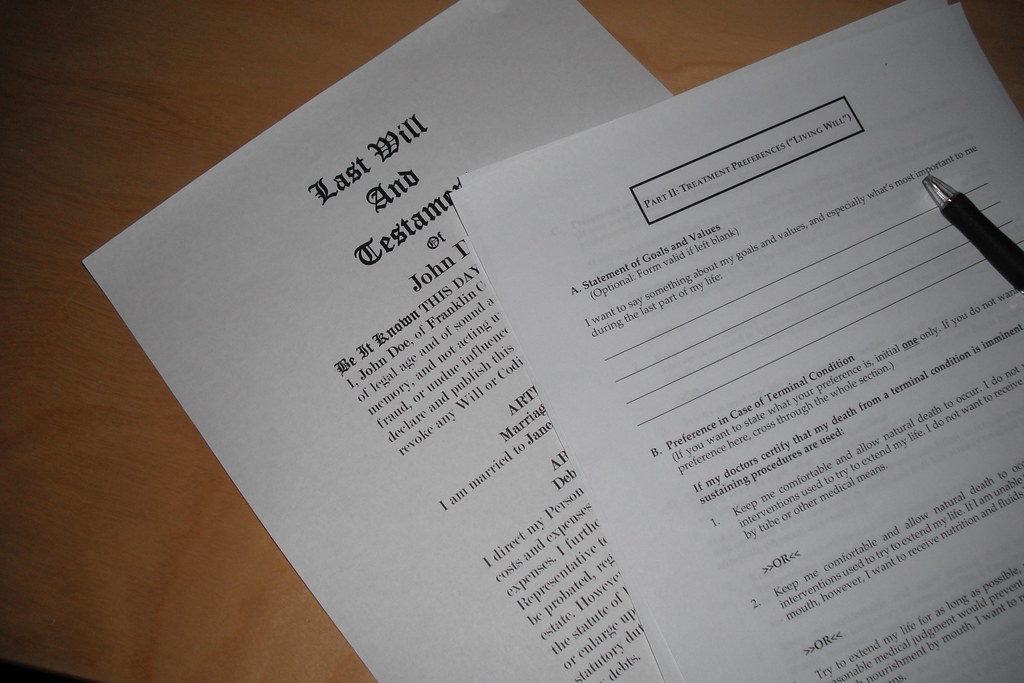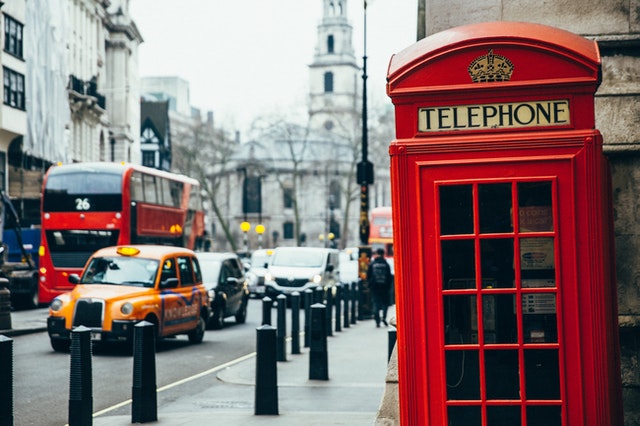
Gerald Cavendish Grosvenor, the sixth Duke of Westminster passed away last week. His son, Hugh Grosvenor, inherits not only his late father’s title, but a fortune of around £9.35 billion, making him the third richest man in Britain (and arguably the country’s most eligible bachelor after Price Harry).
He also will not have to have to pay the vast death duties that should, in theory, accompany such a fortune.
With house prices continuing to rise, and the Government stubbornly maintaining the inheritance tax threshold at £325,000, more of us than ever will subject our decedents to inheritance tax payments upon our departure from this earth.
What can we learn from the Grosvenor family? How have they managed to avoid being crippled by death duties?
A tortured soul and a passionate philanthropist
Life for the world’s 114th wealthiest man was not always easy. He suffered from re-occurring bouts of depression and insecurity. However, he was an astute businessman and displayed enormous generosity to various causes, including helping set up the Countryside Movement with a loan of £1.3m and donated £500,000 to farmers during the foot-and-mouth crisis in 2001. He also raised £300 million from private sources to open the Defence National Rehabilitation Centre for injured soldiers. He educated his four children in state primary schools and said of his son and heir, “He’s been born with the longest silver spoon anyone can have, but he can’t go through life sucking on it.”
Still, not being subject to an inheritance tax bill is an advantage few of us will enjoy unless provisions are made early on in a benefactor’s life.
Inheritance Tax 101
Inheritance tax is a tax made on the value of your estate when you die. It can also encapsulate some gifts made before your passing. It is calculated at 40% on all assets and capital over and above the £325,000 threshold.
For example: if a person died leaving an estate worth £650,000, the inheritance tax payable would be £130,000 (40% of £325,000 – the difference between £650,000 and £325,000).
Married couples and civil partners are allowed to pass their possessions and assets to each other tax-free and the surviving partner is allowed to use both tax-free allowances (providing one wasn’t used at the first death).
Inheritance tax planning
The secret to avoiding paying vast sums to the Government upon death is to plan well in advance. Clever use of trusts has allowed the Grosvenor family, who own swathes of prime London real estate which includes large chunks of Mayfair and Belgravia, to avoid inheritance taxes cutting into their fortune.
Successive generations of the family are “trustees” rather than direct owners of the assets. Because they are legal owners rather than beneficial owners, they can sell and trade the assets within the trust but cannot claim the assets for themselves or sell them as independent persons.
This keeps the family wealth outside each family member’s individual estate for the purposes of death duties.
According to the description on the Grosvenor website, the Trustees of the Grosvenor estate are the shareholders. They hold the shares and assets of the group for the benefit of current and future members of the Grosvenor family and the Duke is one of the Trustees.
Family members can benefit from income generated by the assets, but have no individual rights to the assets themselves.
It is thought that the trusts were set up on the death of the 2nd Duke of Westminster in 1953. Now such a structure would not be so advantageous to a majority of people. Only the very wealthy could afford the cost of setting up this type of framework. Also, the Government has changed the level of tax paid when assets are transferred into a discretionary trust to 20% of the value of the assets going in.
However, for families like the Grosvenor’s who have vast inter-generational wealth, setting up trusts can be a successful tax planning tactic. They also work well for those who want to maintain control over their wealth until they are actually dead and buried.
The art of giving
For those whose estates do not warrant the set-up of complex trusts, money and assets can be gifted tax-free, providing you survive for seven years after the gift is given.
Once a gift is made it cannot be taken back. You will need to keep sufficient assets to maintain your standard of living and anticipate possible future requirements. Relevant considerations might include:
- the chances of ill-health
- separation/divorce
- retirement
- death of spouse or partner; inflation
If you do die inside the seven-year timeframe then inheritance tax must be paid; however, it may be tapered down depending on when the gift was given.
For example:
- if the gift was made less than three years before death, inheritance tax must be paid in full
- if the gift was made three to four years before death, inheritance tax is reduced by 20%
- if the gift was made four to five years before death, inheritance tax is reduced by 40%
- if the gift was made five to six years before death, inheritance tax is reduced by 60%
- if the gift was made six to seven years before death, inheritance tax is reduced by 80%
Controversy over the Duke of Westminster’s estate
The fact that the Grosvenor family will avoid paying a great deal of inheritance tax is not without controversy. Pressure is mounting for the Government to make public its new central register of trusts, created to comply with the forth European Money Laundering Directive. They want the names of beneficiaries and settlers to be made publically available and for annual accounts to be published if the trust holds assets deemed to be in the public interest.
Proponents of keeping beneficiary names private argue that family trusts such as those created by the Duke of Westminster’s family often protect vulnerable children and adults. Complex trusts also safeguard family wealth, especially in farming and manufacturing. If such families were subject to the full brunt of inheritance tax, they may choose to break up their companies and sell off assets; thereby threatening jobs and communities.
What do you think? Is it unfair that the extremely wealthy use tax planning to avoid paying inheritance tax? Or just good, old-fashioned common sense?
Saracens Solicitors is a multi-service law firm based in London’s West End. We have dedicated and highly experienced private client law solicitors who can advise on all legal matters relating to the trusts, wills and inheritance tax planning. For more information, please call our office on 020 3588 3500.
Table of content
Recent Posts
Can You Put Digital Assets In A Trust? – How To Protect Your Digital Estate
In an era where our lives are increasingly played out [...]
Securing Legal Immigration Status After 20 Years in the UK
Gaining lawful immigration status after spending two decades in [...]
UK’s FCA Update: Stablecoins & Crypto Custody
The world of money is changing fast, and nowhere [...]






